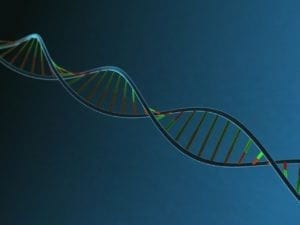As reported by HD Buzz, a significant step forward for Huntington’s disease (HD) research, Roche has announced that the first patient has been dosed in its new gene therapy clinical trial, marking a hopeful moment for families and patients affected by this relentless neurodegenerative disorder.
Understanding Huntington’s Disease and the Need for Innovation
Huntington’s disease is a hereditary genetic disorder caused by a faulty gene that leads to the gradual breakdown of nerve cells in the brain. Symptoms typically include uncontrolled movements, cognitive decline, and emotional disturbances, progressively worsening over time. Currently, there is no cure, and available treatments only address symptoms rather than the root cause.
Against this backdrop, gene therapy represents one of the most exciting frontiers in HD research. By targeting the genetic error at the heart of the disease, scientists hope to slow or even halt its progression—a transformative prospect for patients and their loved ones.
About the Roche Gene Therapy Trial
Roche’s new trial, known as “Spark-IGNITED,” is investigating an experimental gene therapy designed to directly address the underlying genetic mutation responsible for HD. The therapy uses a viral vector to deliver genetic instructions to brain cells, aiming to reduce the production of the toxic huntingtin protein that causes damage in HD.
The dosing of the first patient is a pivotal milestone. It signifies not only the transition from preclinical research to human testing but also the rigorous safety and efficacy standards required for such a novel approach. The trial will carefully monitor participants for both safety and initial signs of clinical benefit, marking the start of a cautious but hopeful journey.
Implications for the HD Community
For the Huntington’s community, every step forward in clinical research carries immense emotional weight. Families affected by HD often watch loved ones decline over years, knowing that they or their children might someday face the same fate. The launch of this trial brings renewed hope that science can finally intervene in the disease’s relentless course.
The gene therapy approach being tested by Roche is especially promising because it targets the disease at its source, rather than simply managing symptoms. If successful, it could not only delay progression but potentially change the trajectory of Huntington’s disease itself.
What Comes Next
As the Spark-IGNITED trial progresses, researchers will gather data on safety, tolerability, and early signs of effectiveness. These results will inform future phases of the trial and guide the development of more advanced therapies. While it may be years before gene therapy becomes widely available for HD, each milestone brings the scientific community closer to this goal.







